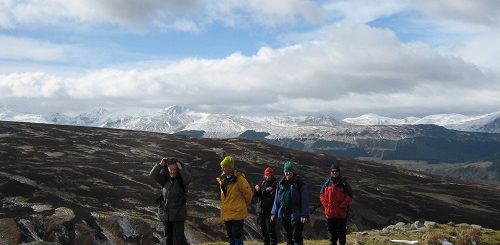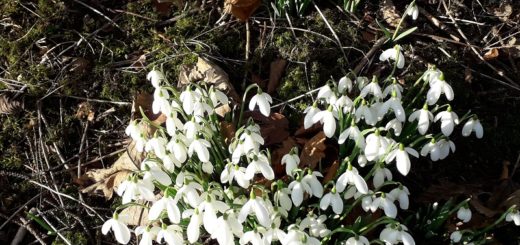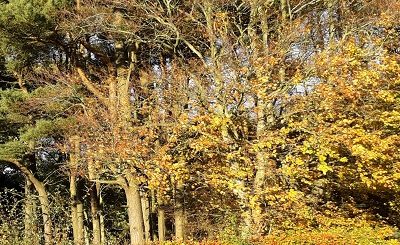Why?

An almost instinctive reaction in times of disaster is to cry out “Why?” In cases of natural disaster it leads to a plethora of scientific explanations, as after the Boxing Day tsunami of 2004. After other more “unnatural” disasters there are endless inquiries and attempts to apportion blame, as after the Hillsborough Stadium disaster of 1989 and the Grenfell Tower fire of 2017. These investigations are right and proper, but I wonder whether they bring real answers to the cry “Why?”
I am comforted by the fact that, on the cross, Jesus cried out “My God, my God, why have you forsaken me?” (Matthew 27:45) It gives me the assurance that Jesus understands our suffering and can identify with us. Throughout the Bible, people questioned their circumstances –for example, the Israelites in the wilderness (Numbers 20:5), Job in his suffering (Job 3: 11-23) and the Shunammite woman after her son died (2 Kings 4:28). Job’s friends are convinced that Job is being punished for his sin, although the readers know otherwise. Jesus refutes this argument when he says “Or those eighteen who died when the tower in Siloam fell on them – do you think they were more guilty than all the others living in Jerusalem? I tell you, no!” (Luke 13: 1-4). Jesus also said “He causes his sun to rise on the evil and the good, and sends rain on the righteous and the unrighteous.” (Matthew 5:45) As I say, bad things happen to good and bad people alike; and good things happen to both good and bad people. Personally, I don’t think that we should expect answers to the problem of suffering. Yes, there may be a scientific explanation or blame may be apportioned to a person or a fault, but that doesn’t necessarily give inner peace or take the pain of loss away.

I have been re-reading a little book which gives the personal accounts of 22 survivors of a disaster which struck a small town in South Africa in 1981. We used to drive through the little town of Laingsburg on route to holidays in Cape Town. The town (population less than 10 000) is situated in the middle of the Karoo, a semi-desert region and is a dry and dusty sort of place. The annual rainfall is 150 mm. The national road goes over a bridge above a dry river bed. When it rains, the towns’ folk rejoice to see the river flowing. On 25 January 1981, following more than 425 mm of rain in just two days, the river came down in a flash flood. The river burst its banks and immersed the town. The estimated flow of the wall of water that came down was more than 15 miles per hour. The flood destroyed two-thirds of Laingsburg’s infrastructure, flattening 184 houses and 23 commercial buildings including the town’s old-age home. Only 21 homes were left standing. The flood claimed 104 lives, with 72 bodies never recovered. The individual stories are both heart-breaking and inspirational, with no understanding of why some survived and others didn’t. The title of the book is “Ons het op die Dakke gessit”, which means “We sat on the Roofs”. The combination of water level and strength of current meant that the last resort was to climb up onto the roof. When the houses collapsed the people were washed away, most drowned but some survived. The bodies of some victims were recovered from Mossel Bay, 250 Km away! 10 survivors were rescued from a dam 21 Km away.
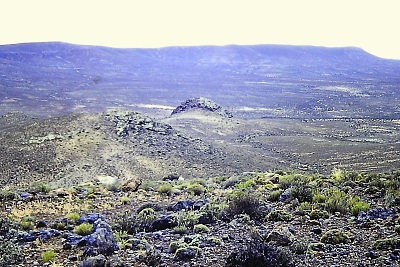
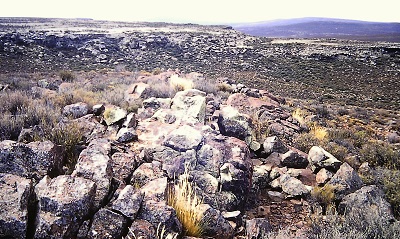
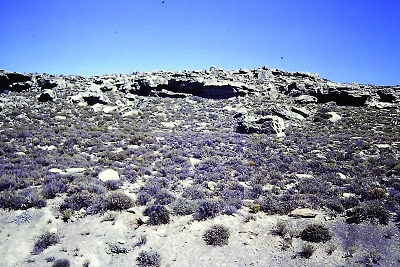
The book contains an article written by an engineer, explaining exactly what happened and why. The fact that such an occurrence only happens once in every 200 years, is little consolation to those who lost everything in the flood. And yet each of these survivors tells a positive story which challenges me to:
- Be grateful for life
- Make the most of life
- Be less dependent on worldly possessions
- Be part of a community
How does one comfort those that suffer? Job doesn’t want theoretical answers to his questions; he wants someone to listen to him. Alan Wolfelt in “Healing a Spouse’s Grieving Heart” suggests “Write down a list of “why” questions that may have surfaced for you since the death. Find a friend or counsellor who will explore these questions with you without thinking he/she has to give you answers.” (Page 29). It is good to talk through things if you have questions and it is good to listen if you are on the receiving end. I believe that we will know fully, not in this life, but in the one to come. “Now we see but a poor reflection; then we shall see face to face. Now I know in part; then I shall know fully, even as I am known fully.” (1 Corinthians 13:12).
